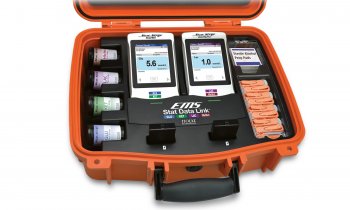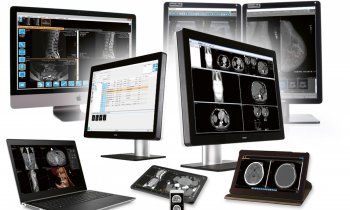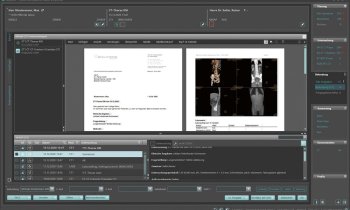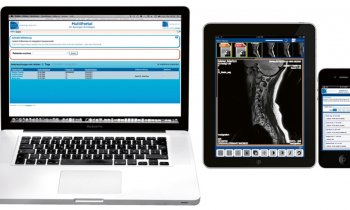New UK diagnostic imaging guidelines
United Kingdom – The Royal College of General Practitioners, Royal College of Radiologists and the Society and College of Radiographers have worked together on recommendations that outline improvements for patients by ensuring that timely and appropriate medical imaging services are provided to them and their referring doctors.
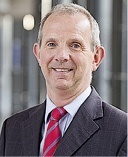
The resulting publication – Quality Imaging Services for Primary care: A Good Practice Guide – sets out necessary changes to make a ‘tremendous difference’ to the care of patients needing an National Health Service (NHS) scans.
The document aims to reinforce the links between local NHS clinical imaging departments and the new GP-led Clinical Commissioning Groups (CCGs), which, following the restructure of health services in Britain in April 2013, took control of NHS budgets and are responsible for commissioning services within the NHS.
The three colleges recommend boosting communication through the open sharing of images and reports across local and regional healthcare networks, as well as making previous imaging history reports available to all providers to ensure patients receive the fastest possible diagnosis.
The guidance also states that, following their GPs’ referrals patients needing urgent NHS scans should be seen within a week and routine screenings should be performed within two weeks. Patients in rural areas would also have improved access under the recommendations.
The clinical relationship and dialogue between primary care and radiology clinicians also need improvement, the three organisations stressed, adding that if their guide was used correctly it should significantly improve patient care, increase efficiency and shorten waiting times, as well as cut NHS costs.
Dr Peter Cavanagh, Vice-President of the Royal College of Radiologists: ‘Diagnostic radiology is at the heart of most patient pathways and it is important that those commissioning and providing such services have a clear, shared understanding of what needs to be in place for patient safety and to ensure the effective use of healthcare resources.
‘It is essential that such services are commissioned in a way that ensures that the patient and referring doctor have access not only to an image and a report but the medical expertise of a clinical radiologist as well as other members of the radiology team. ‘The shared goal of providing the highest quality, seamless care to patients is what has driven the work of the colleges and is why this guide is an important step in this aim.’ RCGP Chair Dr Clare Gerada said: ‘By working together and using this guidance, GPs, radiologists and radiographers can really make a difference to patients needing scans, be it urgent or routine. It will help Clinical Commissioning Groups to highlight where current services need to change and where they could become more localised.
Director of Professional Policy at the Society and College of Radiographers, Professor Audrey Paterson, said the guide would provide a real opportunity to embed best practice for GPs and their patients in clinical radiology departments across the country. ‘Services may well find aspects of the guide challenging,’ she pointed out, ‘but their well-established principles of effective team working and skills mix will enable them to more than rise to them, developing strong and effective partnerships with GPs and the Clinical Commissioning Groups as they do so.’
Profile:
Through his early interest in MRI and musculoskeletal imaging, Dr Peter Cavanagh, Dean of the Faculty of Clinical Radiology and Vice President of The Royal College of Radiologists and a consultant radiologist in Taunton, developed the Somerset MRI Course, the UK’s largest MRI course for 20 years. He has lectured internationally on MRI and was Deputy Chair of England’s National Imaging Board (2006-10). Other roles include hospital medical director and acting hospital CEO.
Chair of RCGP Council Dr Clare Gerada has held leadership positions that include Director of Primary Care for the National Clinical Governance Team and Senior Medical Advisor to the Department of Health. Dr Gerada has published a number of academic papers, articles, books and chapters, and established RCGP’s ground-breaking Substance Misuse Unit. Dr Gerada has also led on the strategic and logistical delivery of the RCGP Annual National Conference. A general practitioner (since 1992), she is a partner at the Hurley Clinic in South London.
Director of Professional Policy at the Society and College of Radiographers, and Gold Medal recipient, Professor Audrey Paterson was also a member of the society’s UK Council for 12 years and a past president of the organisation. She has also been the United Kingdom council member for the International Society of Radiographers and Radiological Technologists for four years. This June, when giving the Stanley Melville Memorial Lecture at the UKRC, she identified two major developments that could shape the future of radiography: molecular imaging and theranostics (the fusion of therapeutics and diagnostics).
29.10.2013






